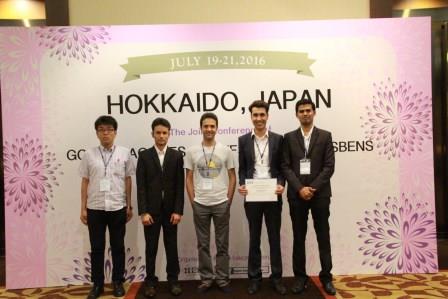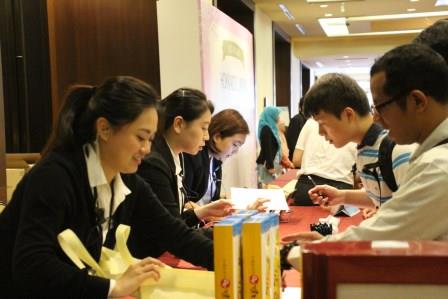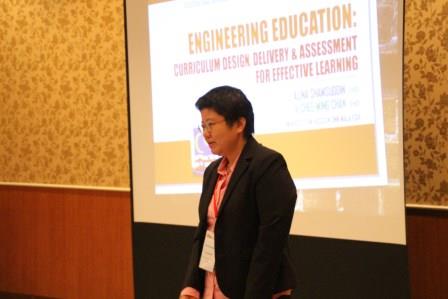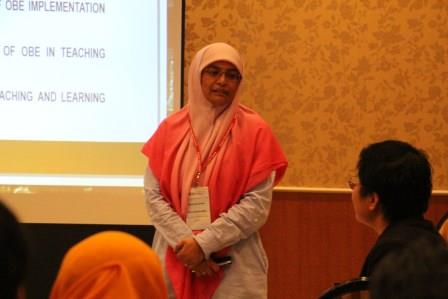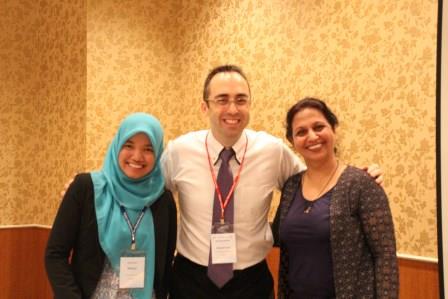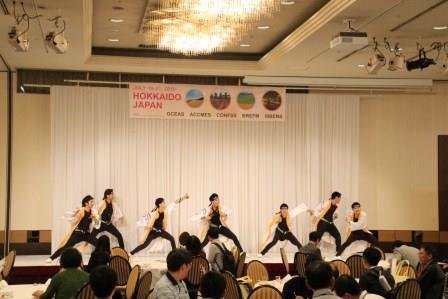July 19-21, 2016 at Hokkaido, Japan
International Business, Economics, Finance and Management Conference
Keynote Speech by Malcolm Sim
Dr. Malcolm Sim
Assistant Professor
Faculty of International
Liberal Arts
Akita International University
Japan
Topic: English-Medium Education in Japan: Insights from an International Liberal Arts UniversityThe popularity and number of English as a medium of instruction (EMI) programs within the higher education sector in Japan continues to rise. In fact, there are a growing number of universities in Japan offering complete undergraduate programs taught entirely in English; with more on the way. This is partly reflective of a much larger world-wide trend whereby local instructional languages are being replaced, or at the very least supplemented, by EMI. The expansion in Japan is also due to the many internal pressures and realities of the Japanese higher education system. As seen in the work of Brown (2014) the rise of EMI within this environment is driven by a number of factors including a determined and wide-ranging government push for internationalization of the sector, an array of social pressures and, more recently, the increasing popularity of Japan as a destination for foreign students. Whilst EMI’s rise in Japan on a macro-level is fascinating and worthy of continuing attention, what of the micro-perspective? What are the important elements of already established, and apparently successful, EMI initiatives in Japan? Are there any lessons that can be learned from institutions that have been actively engaged in EMI for many years? What challenges and risks does EMI face moving forward? And in what ways can preparatory English language programs support and enhance the objectives of EMI curriculums?
This presentation will attempt to shed some light on the aforementioned questions. It will explore the concept of EMI through the findings of a small exploratory study among the teaching faculty at one of Japan’s premier EMI institutions, and a member of the Super Global University grouping. The study, similar in nature to research by Kim (2014), examines the findings from a questionnaire that gained input from a wide cross-section of the experienced Japanese and multinational faculty at this international liberal arts university; an institution that has utilized EMI across its entire content-based curriculum since 2004. It explores the issues of English language and related academic skills proficiency required in an EMI environment and how increasing numbers of international students are affecting the cultural and pedagogical dynamics of various programs. Important aspects of EMI, including the importance of cross-departmental engagement in fostering student development, among others, are discussed. Finally, based on the extensive feedback of the faculty members, it suggests a number of important areas of potential refinement that, if implemented, could ultimately lead to even more successful outcomes for all stakeholders involved in EMI-based education in Japan.
Conference Program Download
 201607 Hokkaido Conference Program
201607 Hokkaido Conference Program
